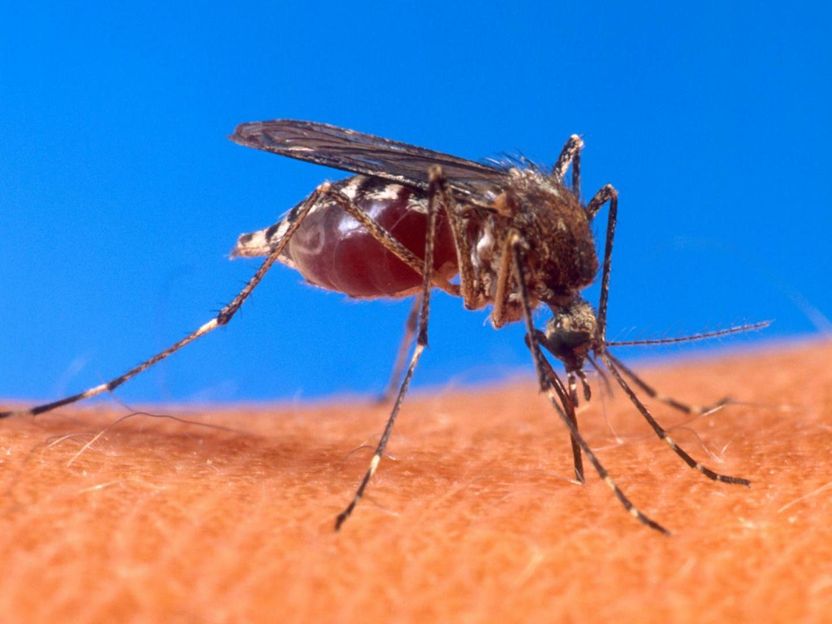Moving to the US increases cancer risk for Hispanics
Results of a new study confirm trends that different Hispanic population groups have higher incidence rates of certain cancers and worse cancer outcomes if they live in the United States, than they do if they live in their homelands. These results are published in Cancer Epidemiology, biomarkers & Prevention.
"Hispanics are not all the same with regard to their cancer experience," said the study's lead researcher Paulo S. Pinheiro, M.D., Ph.D., M.Sc., researcher in the Department of Epidemiology at the University of Miami Miller School of Medicine. "Targeted interventions for cancer prevention and control should take into account the specificity of each Hispanic subgroup: Cubans, Puerto Ricans or Mexicans."
Studies to date have classified all Hispanics under the same umbrella, as a single ethnic group, hiding the differences between each population group.
"They are really heterogeneous from cultural and socioeconomic perspectives and represent several population groups," said Amelie G. Ramirez, Dr.P.H., director of the Institute for Health Promotion Research, and co-associate director of the Cancer Prevention and Population Studies research program at the Cancer Therapy & Research Center at The University of Texas Health Science Center at San Antonio.
Pinheiro and colleagues evaluated the kinds of cancers occurring in each Hispanic population group and compared their risk after moving to the United States. They conducted the study in Florida, which has a diverse Hispanic community composed of Cubans, Mexicans, Puerto Ricans, Central and South Americans.
The results indicated that these population groups showed different patterns of cancer once they moved to the United States; Mexicans had the lowest rates of cancer overall and Puerto Ricans had the highest rates of cancer. Cubans' risk of cancer most closely resembles that of non-Hispanic whites. Similar to the U.S. non-Hispanic white population, Cubans and Puerto Ricans seemed to acquire higher risk for diet-related cancers relatively quickly.
Furthermore, Cuban males had higher incidence of tobacco-related cancers; Puerto Rican men had high incidence of liver cancer; and Mexican women had a higher incidence of cervical cancer. For all cancers combined, risk for most cancers was higher (at least 40 percent) among Hispanics living in the United States compared with those who live in their countries of origin. Colorectal cancer risk among Cubans and Mexicans who moved to the United States was more than double that in Cuba and Mexico. The same was said for lung cancer among Mexican and Puerto Rican Floridian women compared to those in Mexico or Puerto Rico.
"This suggests that changes in their environment and lifestyles make them more prone to develop cancer," Pinheiro said. "It is puzzling that the groups for which integration in mainstream American society is easier, including access to health care, are also those with higher cancer rates even after accounting for the increased detection of certain cancers in the United States."
Most read news
Other news from the department science

Get the life science industry in your inbox
By submitting this form you agree that LUMITOS AG will send you the newsletter(s) selected above by email. Your data will not be passed on to third parties. Your data will be stored and processed in accordance with our data protection regulations. LUMITOS may contact you by email for the purpose of advertising or market and opinion surveys. You can revoke your consent at any time without giving reasons to LUMITOS AG, Ernst-Augustin-Str. 2, 12489 Berlin, Germany or by e-mail at revoke@lumitos.com with effect for the future. In addition, each email contains a link to unsubscribe from the corresponding newsletter.
Most read news
More news from our other portals
Last viewed contents
BRAIN and PS Biotech announce cooperation
Aҫaí berry extracts fight malaria in mice
Krukenberg_tumor
Crescendo announces the Crescendo Mouse - Technology generates superior human single domain antibody VH fragments in a transgenic mouse

This year’s research prize awarded by Eppendorf goes to Austria - Presentation of the 2014 Eppendorf Award for Young European Investigator to Madeline Lancaster
Phase III development of Antisoma's ASA404 in lung cancer extended to Japan
Transgene Receives FDA Fast Track Status for TG4010 for Treatment of Non-Small Cell Lung Cancer

A synthetic antibiotic may help turn the tide against drug-resistant pathogens - "This isn't just a cool new molecule, it's a validation of a novel approach to drug discovery"

Dräger AG Invests in Digital Health Startup GWA Hygiene - Digital hygiene solutions for hospitals
List_of_potato_diseases

Genetic Engineering without Unwanted Side-Effects Helps Fight Parasites - A live vaccine for toxoplasmosis























































